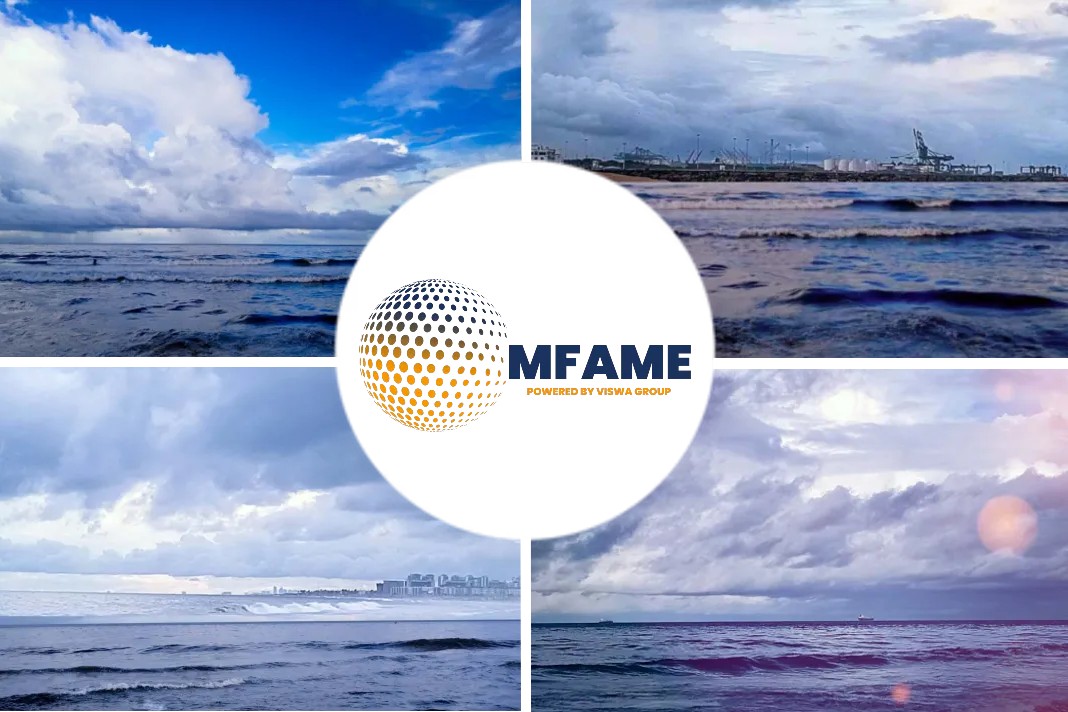 The climate crisis means we must urgently cut the huge emissions from sea transport. Engineering tricks, cleaner fuels and a return to the age of sail could all help swab the decks clean, says an article published on new scientist website.
The climate crisis means we must urgently cut the huge emissions from sea transport. Engineering tricks, cleaner fuels and a return to the age of sail could all help swab the decks clean, says an article published on new scientist website.
Reliance on fossil fuels
Aerial view Oil ship tanker park on the sea waiting for load or unload oil at loading dock from refinery, Business logistics, import export shipping or freight transportation.
A swarm of tankers wait to be unloaded off the coast of Thailand. Nearly all such ships run on dirty bunker fuel
IN FEBRUARY 1925, a strange kind of ship put out from the wharves of Kiel, Germany, onto the cold Baltic Sea. It sliced through the water, with two towers resembling giant smokestacks rising from its deck. But according to accounts from the time, no smoke was to be seen and no engine noise could be heard.
This could have been the start of a new age of shipping. Created by German engineer Anton Flettner, those towers were clever devices that harnessed the power of the wind better than any piece of cloth. They worked well – but alas, they didn’t catch on. The designs languished in dusty bottom drawers for nearly a century, as ships relied instead on cheap fossil fuels to ply the oceans.
That reliance on fossil fuels has become a huge problem. Shipping is a vast industry that underpins the global economy, helping to deliver all manner of goods, from food to fridges to fidget spinners. Yet it is a horror to the environment, with vessels burning dirty fuel and spewing vast amounts of greenhouse gases.
Now, shipping is beginning to grapple with its climate conscience and serious efforts are under way to cut those emissions. Inventions like Flettner’s could be part of the solution, along with sleeker vessels, smarter navigation and greener fuels. There are choppy waters ahead, to be sure, but the technology we need to make our sea transport environmentally shipshape is on …
To Read more please visit new scientist.
Did you subscribe to our daily newsletter?
It’s Free! Click here to Subscribe!
Source: new scientist















